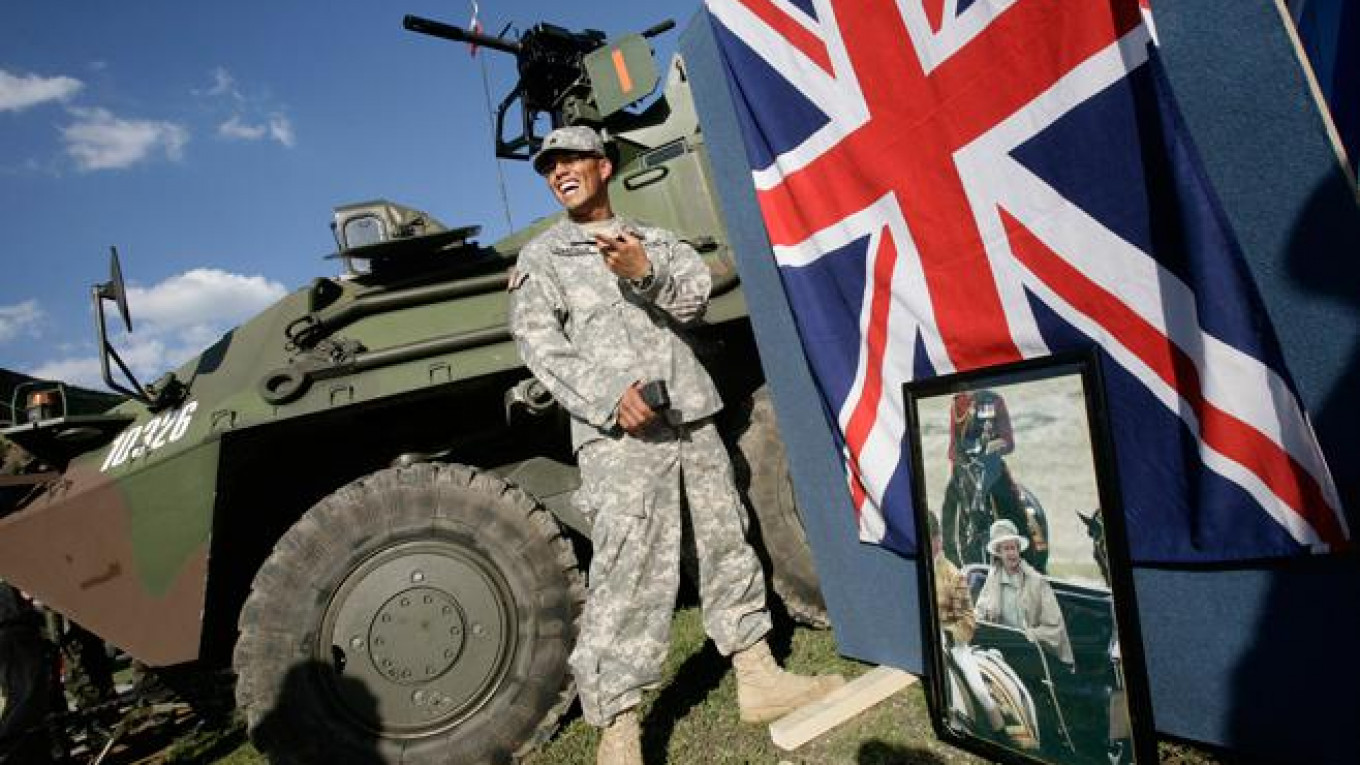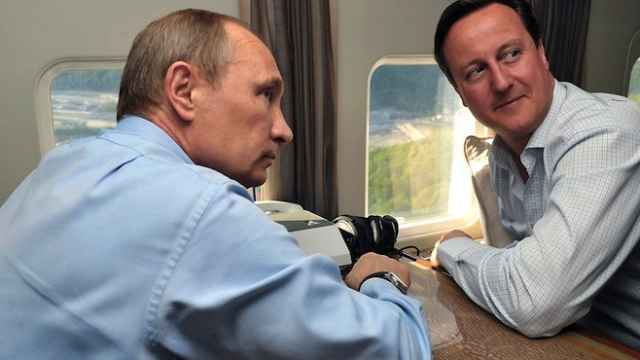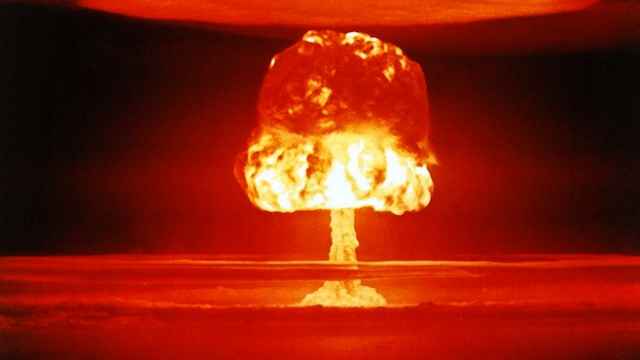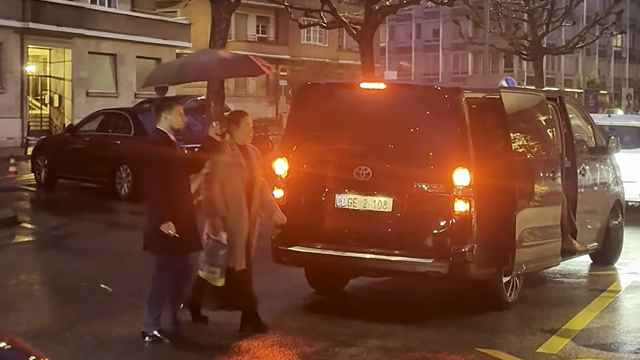The language was stark. No longer was Russia an ally or partner. Instead it was to be seen as a “strategic competitor” and military threat. Russia had boosted military capacity, intensified anti-Western propaganda, and shown readiness to “maintain a sphere of influence beyond its own frontiers.”
The conclusions of the 58-page report published on July 5 by the Defense Committee of the British parliament, were similarly alarmist. “The U.K. and NATO need to have adequate military capability and the capacity to deter, and where necessary confront aggressive Russian moves,” it advised. There were recommendations to increase the number of experts advising Britain on Russia, to renew sanctions, to impose fresh travel bans on Russia’s leadership and to find ways to deal with Russian propaganda.
All of this would usually be ammunition to the guns of excitable government officials in Russia. Unlike similar accusations in recent past, however, they elicited little righteous indignation from the ruling elite. Moscow, in fact, seems little worried by the report.
Russia’s Foreign Ministry mouthpiece Maria Zahkarova was the only prominent official to label it “the highest mark of villainy.”
Presidential spokesman Dmitry Peskov, on the other hand, called for seeing the report “in a positive light.” “Despite our disagreements, it contains the idea of starting a much needed dialogue,” Peskov said.
On one level, things make some sense. Russian President Vladimir Putin has been making overtures to de-escalate the tension between Russia and the West for several months.
The report itself is also not a plan of action — it contains recommendations rather than policy, and they may not be acted upon at all. According to Keir Giles, an associate fellow with Chatham House’s Russia and Eurasia Program, “the findings serve mostly to draw attention to the problems.”
The report is unlikely to influence British or EU policy in any significant way, agrees international affairs expert Vladimir Frolov.
It is also unlikely that the NATO summit in Warsaw, scheduled for July 8-9, will be a game-changer with respect to Russia. Dealing with Russia is on the agenda, but most important decisions have been announced already. The main one is to deploy additional four NATO battalions of up to 4,000 people to the Baltic states and Poland. “For Moscow this is old news,” says Frolov. “It isn’t seen as a threat.”
The question of how the Kremlin is planning to spin its narrative regarding NATO remains open. It could portray NATO’s intentions to bolster military presence in the Baltic region as a dangerous and destabilizing move. On the other hand, it may choose to play nice — to show it does not constitute a threat that requires an urgent response.
If recent overtures with Turkey, encouraging comments about Brexit and Peskov’s “positive light” statement are any indication, Russia might be indeed be prioritizing the carrot over the traditional stick with its unreliable foreign friends.
A Message from The Moscow Times:
Dear readers,
We are facing unprecedented challenges. Russia's Prosecutor General's Office has designated The Moscow Times as an "undesirable" organization, criminalizing our work and putting our staff at risk of prosecution. This follows our earlier unjust labeling as a "foreign agent."
These actions are direct attempts to silence independent journalism in Russia. The authorities claim our work "discredits the decisions of the Russian leadership." We see things differently: we strive to provide accurate, unbiased reporting on Russia.
We, the journalists of The Moscow Times, refuse to be silenced. But to continue our work, we need your help.
Your support, no matter how small, makes a world of difference. If you can, please support us monthly starting from just $2. It's quick to set up, and every contribution makes a significant impact.
By supporting The Moscow Times, you're defending open, independent journalism in the face of repression. Thank you for standing with us.
Remind me later.






